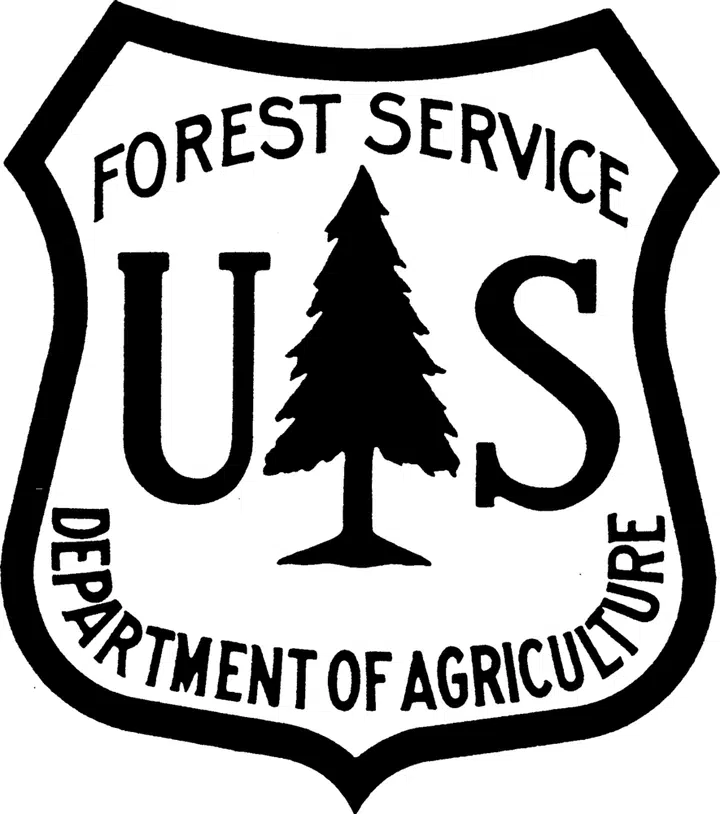
The Stuble lab has a new paper out in the journal Applied Soil Ecology exploring the effects of acid rain on forest carbon storage. In this paper, we look at how the legacies of acid rain impact litter decomposition, a process essential for forest nutrient cycling and carbon storage.
Forest soils contain a huge sink of carbon, and maintaining this carbon sink is essential to mitigating climate warming. One way carbon is stored in forest soils is through litter decomposition, in which soil microbes break down leaf litter. Some of the leaf litter carbon is stored in the soil, while some carbon is released back into the atmosphere through microbial respiration. Human disturbances can change the way microbes decompose litter, which can impact how much carbon is stored or released back into the atmosphere. In our study, we explored the impacts of acid rain, which can have long-term effects on things like soil acidity and nutrients, which in turn can change the functioning of microbial community and impact the way litter is decomposed.
Teaming up with the Burke lab, we harnessed the power of their acid rain reversal experiment that has been ongoing for over a decade. This experiment reverses the effects of acid rain by increasing soil pH and alleviating nutrient limitations. We incubated soil and leaf litter from this experiment in a lab microcosm, finding that litter decomposed more quickly on soils from the ambient, acidic plots affected by acid rain, resulting in less carbon stored in that system. This finding highlights that acid rain has long-term impacts on forest carbon storage capacity, and ultimately helps us to better understand how human disturbances impact forests’ ability to act as carbon sinks.
Check out our paper for more information on our findings: Dawson-Glass E, CR Hewins, DJ Burke, KL Stuble. 2023. Experimental increases in pH and P availability exert long-term impacts on decomposition in forests

Emma Dawson-Glass
Research Specialist
At the Holden Arboretum, I work under Dr. Katie Stuble as a research technician, assisting with research on community assembly, species dynamics, and ecosystem function. I work primarily with field data collection, greenhouse experiments, and data management for the lab. My research interests include the spatial dynamics of plant and insect diversity, community assembly, pollination ecology, and species interactions (specifically mutualisms and plant-insect interactions).













